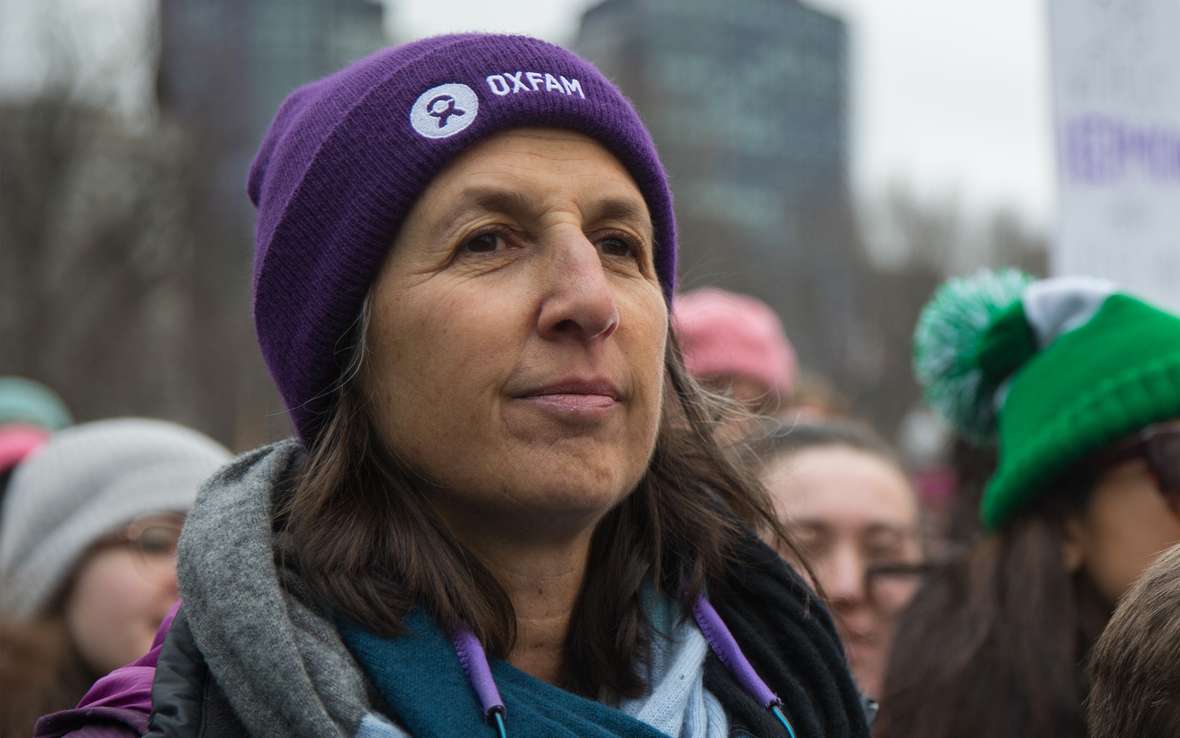As we prepare to weather this pandemic, we need to consider the vulnerabilities of women and low-wage workers, and those most at risk in poor countries. A letter from Oxfam America President and CEO Abby Maxman.

As the outbreak of the coronavirus escalates, I know you are deeply concerned about protecting your health and that of your loved ones. But I also know that one of the hallmarks of our Oxfam community is our ability to look beyond ourselves—to see the risks and threats faced by others even as we cope with and address our personal concerns.
It is in recognition of that generous spirit and global perspective that I am writing to tell you about critical steps Oxfam is taking to protect people in the communities with which we work.
As a humanitarian organization, we know too well that when crises hit, marginalized communities suffer the worst effects. We are deeply concerned about the prospect of COVID-19 getting a foothold in poorer countries with weaker health systems—places where people are already facing multiple threats to their health and livelihood. As I am sure you can imagine, if this disease hits refugee camps and places where people are already hard-pressed to access adequate and affordable health care, the impact could be devastating.
We are working with our partners, government ministries of health, and key UN agencies in 65 countries to coordinate our response. Given our expertise in public health, and water and sanitation, many of our teams are increasing their delivery of soap and sanitation services, including handwashing facilities and clean water—especially to people in higher-risk areas. We’re also helping people minimize the risk of infection by providing them with accurate information and advice in their language.
We know women are likely to be hardest hit, as they make up 70 percent of the world’s health care workers and are on the front line of infection risk. Women also shoulder the vast burden of unpaid care, which is bound to increase dramatically as caring for sick relatives and looking after children at home becomes more urgent.
Here in the US, we know low-wage workers have few resources to weather a disaster like this. Simple steps that many of us take for granted—stocking up on groceries, avoiding public transportation, staying home when sick—are impossible for millions. That’s why we are calling on federal and state legislators to urgently provide for paid sick leave, free coronavirus testing, and food assistance for low-income families and children.
I will keep you informed of our efforts as this crisis unfolds. I urge you to follow expert advice in keeping yourself and your loved ones healthy. And I am counting on your support as we work to protect people here and across the globe who are relying on you and Oxfam to be there for them. No one individual, community, or country can deal with this crisis alone. We must work together, in our communities and across borders, with dignity and compassion.
